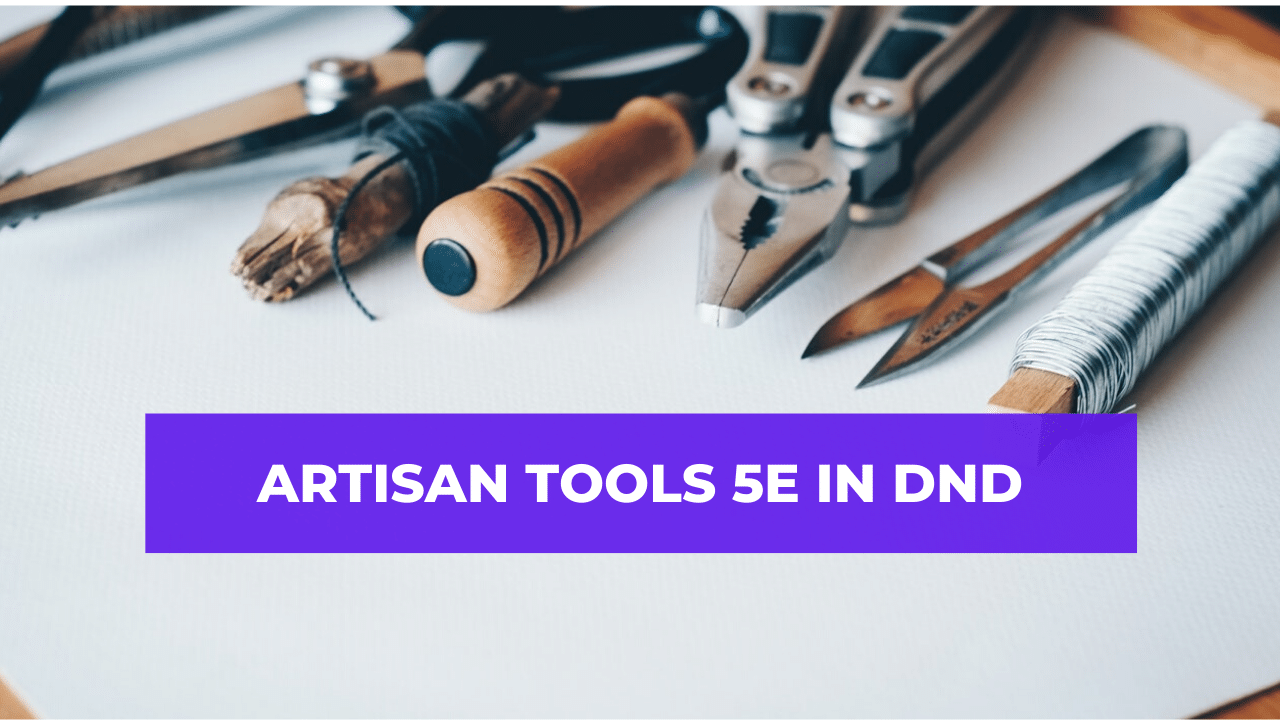Debt relief can take different forms, and one may work better than another. While seeking debt relief can offer some advantages, there may be cons to weigh in the balance.
Here’s how to know when to seek help from debt relief programs.
Calculate Your Total Debts
If you’re like millions of Americans who have more debt than income, you’re probably wondering when to seek help from debt relief programs. Debt relief researchers say there are a few factors to consider before you get debt relief. One of the most important factors to consider is how much money you actually owe. Start figuring out the total amount of unsecured debt you owe by adding up your monthly bills.
Most people have some of the following recurring monthly expenses.
- Rents
- Utilities
- Credit Cards
- Subscriptions
- Car Payments
- Food
- Entertainment
- Unsecured Loans
- Other
When To Seek Help From Debt Relief Experts
After you’ve added up your the total amount of debt you owe, the next step is to calculate how much income you have coming in to go towards paying off your debt. Add all sources of income to get an estimate of how much you can afford to spend towards paying off your debts. Create a household budget that includes monthly payments to your creditors.
If you can’t figure out how to create your own debt repayment plan because you’re too deep in debt, contact a debt relief professional for help. If you’re drowning in debt with no way to pay everything you owe, it’s time to learn more about debt relief programs.
Debt relief programs can help you figure out solutions for reducing the following types of debt.
- Credit Cards – Talk to a debt relief expert if your credit cards are maxed out and incurring late fees.
- Medical Bills – Get help with hospital collections calls and notices for medical bills you can’t afford to pay.
- Unsecured Personal Loans – Missed payments on personal loans can quickly snowball into a ton of late fees, interest charges, and even lead to wage garnishment.
- Collections – Having multiple accounts in collections is a powerful indicator that your finances have gotten out of control. Avoid the negative consequences of collection agencies, including wage garnishments and embarrassing court appearances, by making a debt relief plan before things get worse.
Debt Relief Programs and Services
Debt consolidation experts talk to you about the state of your finances and help you set realistic goals for paying off your debts. They may speak to creditors to negotiate lower payments, reduced fees, or loan forgiveness options when available. People who are too far in debt may consider filing bankruptcy. There is a charge for filing bankruptcy.
It can take up to 10 years for a bankruptcy to stop negatively affecting your credit. Consider all options, including the benefits of using debt relief programs before taking this risky step.
Now that you know when to seek help from debt relief programs, you can learn more about debt relief programs by researching reputable debt relief experts online. Debt relief specialists, like the team at Freedom Debt Relief, offer affordable options for reducing debt.
They offer consolidation services that combine your total unsecured debt into one affordable monthly payment. Using debt consolidation programs like these makes it easier for people to manage all of their payments to creditors in one location.
Working with debt relief experts can help you pay down your debt faster when you follow the roadmap they provide. Getting out of debt doesn’t have to be stressful. Contact debt relief specialists to learn how you can get out of debt without breaking the bank.
Click here to learn more about Freedom Debt Relief programs.













